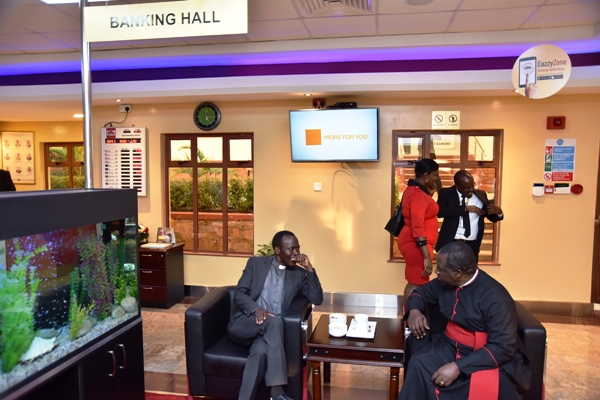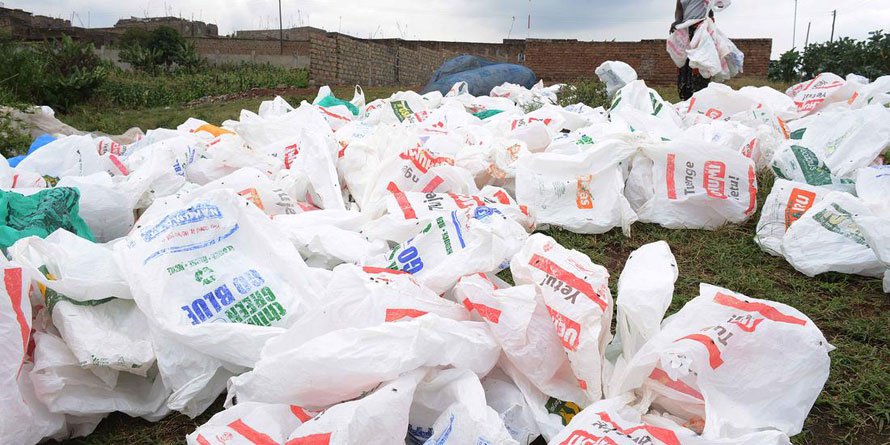Globally, over one billion people belong to cooperatives. The largestcooperative is the Indian Farmers Fertilizer Cooperative Limited (IFFCO) and has businesses in sectors such as rural telecoms, insurance and fertilizers, followed by Credit Agricole – a French bank as well as the largest cooperative bank in the world.
In Uganda, we have about 20,000 registered cooperatives according to the Ministry of Trade, Industry and cooperatives 2019 report.
Of these registered cooperatives, financial cooperatives (SACCOS) comprise a bigger percentage at 50%, followed by Agricultural cooperatives at 40%, Retail marketing and the other sectors follow.
The biggest SACCO in Uganda is Wazalendo – an institutional SACCO composed of Uganda People’s Defence Force (UPDF) personnel and their families, UPDF Reserve Forces, and staff of Uganda’s Ministry of Defense.
Cooperatives are popularly known as an autonomous association of persons that come together voluntarily to solve their common socio-economic and cultural needs and aspirations through a jointly-owned and democratic association based on the values of self-help and accountability.
“The Investment Clubs, SACCOS and Cooperatives proposition for dfcu Bank has been around for a very long time and we find that it’s one of the key drivers of the economy. Unlike other commercial banks, dfcu has positioned itself to be in this area and it’s very specific because we recognize that it’s a driver of Trade and Industry.
As a bank, we try to make sure we tailor products to be able to speak to these different value chains; farmer groups and traders,” remarked Robert Wanok, Head of Personal and Business Banking dfcu Bank during the webinar discussion organized by the Bank for their customers.
According to Jane Amuge Okello, an entrepreneur, Co-founder and Operations Director at the Uhuru Institute of Development, you can form a cooperative to carry out any legally accepted business in Uganda.
In terms of where these cooperatives get financing – a bulk of cooperatives access financing from Microfinance, followed by Commercial Banks, followed by government loans – specifically debentures and others from Moneylenders.
Cooperatives have values, and this is a distinct feature. Important to note is; the openness and voluntary membership, democracy is upheld strongly, it’s financed by the members, there is autonomy and dependence – any decision has to be agreed upon by all members, training and education – members should have the right knowledge to make decisions, cooperation among cooperatives – cooperatives do not compete among themselves – they work together.
“Leadership and resilience are very critical in these Covid-19 times we are in, but who is responsible for it? It definitely starts with the members, they give authority to their leaders to make decisions on their behalf but they also give them the tools within which to make those decisions and therefore the essence of the cooperative is that the members are pooling all sorts of resources; technical, financial and everything else so that their business works, “says Jane.
Cooperatives have the potential to transform the country if they are founded on a common bond led by visionary and honest leadership and there is continuous and regular supervision. Leaders need to influence people in a certain direction.
“Based on research by the cooperative magazine, we have had various scenarios on the ground of what’s happening with cooperatives. One of the things that stands out key, is liquidity.Many cooperatives were not ready, a bulk of them were shocked – challenges like liquidity issues already existed but they were only exacerbated by the pandemic; many members rushed to their cooperatives to withdraw money and yet most cooperatives had less money to lend out,” she revealed.
During this time, some leaders went into hiding because some have been giving fictitious reports on the status of their cooperatives and once members came in large numbers to withdraw money, there was no money and that brings in a trust issue. Many members have been disappointed by their leaders because they have been presenting lies, only to realize that most of the money that was supposed to be in the cooperative has been stolen or they do not know where it is.





